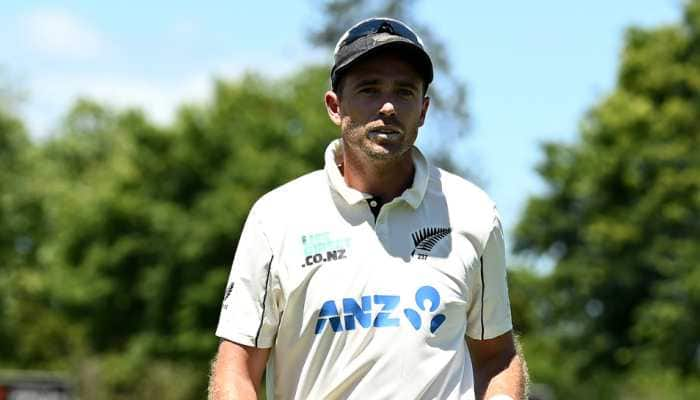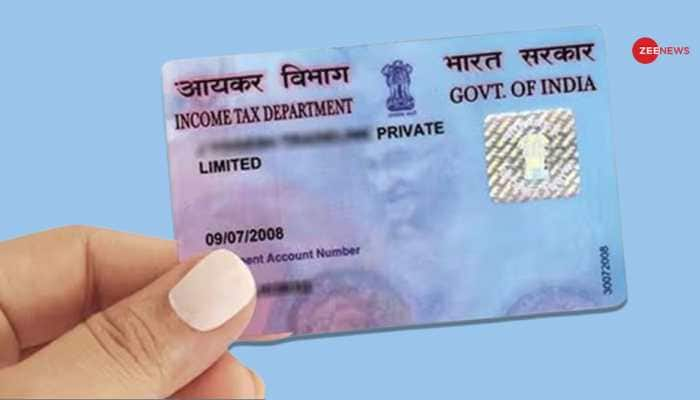Babar Azam's Pakistan Team To Boycott T20 World Cup 2026 Schedule To Take Place In India: Reports
Geo Super Urdu reported that in a tit-for-tat move, the PCB has threatened to boycott the T20 World Cup 2026, which is set to be co-hosted by India and Sri Lanka.
Trending Photos
)
In a dramatic turn of events, the cricketing world is on edge as Babar Azam and the Pakistan cricket team have reportedly threatened to boycott the T20 World Cup 2026 if India refuses to travel to Pakistan for the Champions Trophy 2025. This development has sent shockwaves through the sport, igniting discussions on sportsmanship, diplomacy, and the future of international cricket.
Also Read: Who Is Wimbledon 2024 Champion Carlos Alcaraz's Girlfriend Maria Gonzalez Gimenez - In Pics
Backdrop of the Controversy
The tension between the cricket boards of India and Pakistan is not new. The last time the Indian cricket team visited Pakistan was in 2008 for the Asia Cup. Since then, political tensions and security concerns have kept the teams apart on each other’s soil, except in ICC events. The Champions Trophy 2025, scheduled to be hosted by Pakistan, has become the latest flashpoint.
The Board of Control for Cricket in India (BCCI) has expressed concerns about sending the team to Pakistan, citing security reasons. In response, they have requested the International Cricket Council (ICC) to consider a hybrid model where India’s matches would be played at a neutral venue, such as Dubai or Sri Lanka. This proposal has been met with stiff resistance from the Pakistan Cricket Board (PCB), which is adamant about hosting the entire tournament within its borders.
PCB’s Ultimatum and Potential Boycott
Geo Super Urdu reported that in a tit-for-tat move, the PCB has threatened to boycott the T20 World Cup 2026, which is set to be co-hosted by India and Sri Lanka. This ultimatum by Pakistan, led by their charismatic captain Babar Azam, has put the ICC in a difficult position.
A similar situation arose ahead of the Asia Cup 2023. The BCCI pushed for a hybrid model, which was eventually accepted, leading to the PCB threatening to boycott the 2023 World Cup in India. Despite their threats, Pakistan participated in the World Cup but faced an early exit, further straining relations.
Insightful Analysis: Implications for International Cricket
The threat of a boycott has significant implications. The T20 World Cup is a major event on the cricketing calendar, and the absence of a team like Pakistan would undoubtedly diminish its global appeal and competitive spirit. The situation demands a delicate balance between respecting national security concerns and upholding the integrity of international tournaments.
Standout Performances and the Bigger Picture
Babar Azam’s leadership and stance in this situation highlight his growing influence not just within the team but also in international cricket. His performance on the field has been stellar, making him one of the top batsmen in the world. His off-field leadership in navigating such a complex situation adds another dimension to his legacy.
Meanwhile, the BCCI’s insistence on a hybrid model reflects their firm stance on player safety, a priority that cannot be understated. This cautious approach is shared by many cricketing boards and sets a precedent for handling tours in politically volatile regions.
What Lies Ahead?
The ICC’s annual meeting from July 19-22 in Colombo is set to be crucial. A resolution on this issue will be high on the agenda, with the potential to shape the future of cricket tours between these two cricketing giants. The PCB has yet to officially respond to these media reports, but their stance has been clear.
UAE as a Possible Solution
Recent reports suggest that the ICC is considering hosting India’s games in the UAE, much like the Asia Cup hybrid model. This move could be a compromise that ensures the tournament proceeds smoothly while addressing security concerns.
Stay informed on all the latest news, real-time breaking news updates, and follow all the important headlines in india news and world News on Zee News.
Live Tv







)
)
)
)
)
)
)
)
)
)
